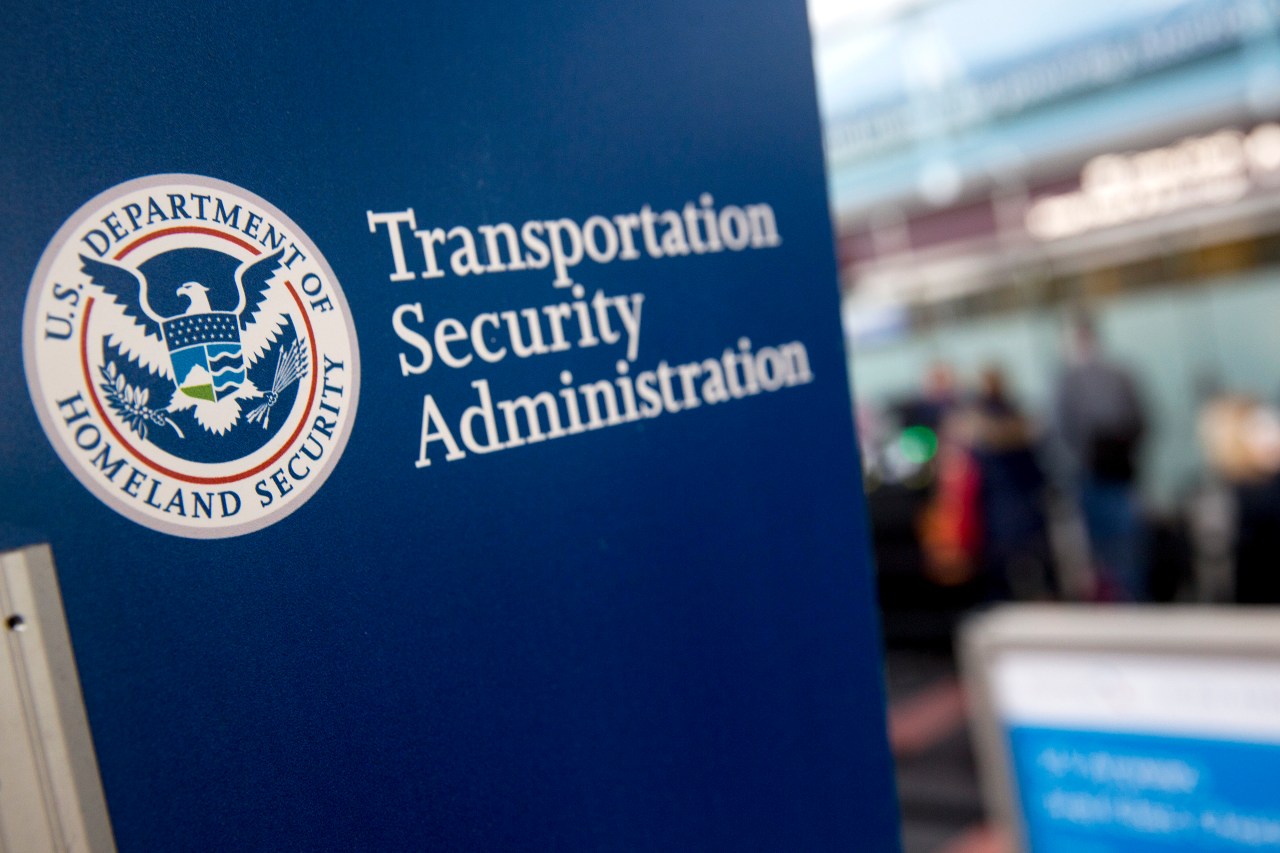Going through airport security is a shared experience fraught with frustration, not just for travelers but also for security personnel. The effort to ensure safety has its limitations, as evidenced by the challenges faced by the TSA (Transportation Security Administration). Fortunately, the data science community is stepping up in a big way, thanks to an innovative competition organized by the Department of Homeland Security (DHS) and hosted on the well-known platform, Kaggle. With an impressive prize pool and the promise of real-world impact, this initiative aims to revolutionize how we approach airport security.
The Challenge at Hand
As part of this competition, data scientists worldwide are tasked with creating machine learning-powered tools that enhance threat detection capabilities during the security screening process. Given that the TSA has struggled with both effectiveness and speed, the hope is that the solutions developed during this competition will provide an efficient and accurate identification of potential threats.
A Unique Opportunity with Significant Stakes
- The competition offers a total prize money of $1.5 million, with the top prize set at $500,000.
- Participants are required to predict the locations of threat objects on staged images of individuals carrying items, such as weapons, to allow for thorough training while respecting privacy concerns.
- The dataset, specifically designed by the TSA to minimize bias, features a diverse range of individuals to help avoid issues that could arise from discriminatory detection methods.
By making safety more data-driven, the TSA hopes to change the narrative around airport security checks. With the arrival of machine learning technology, there is tangible potential to turn what has traditionally been a burdensome procedure into a seamless experience.
Leveraging Modern Tech for Effective Solutions
The challenge of integrating sophisticated machine learning solutions into existing security protocols is not just a matter of algorithmic prowess. The current physical machines utilized for scanning do not possess the computational prowess of today’s cutting-edge GPUs found in modern data centers. However, a silver lining exists: tech giants like Google and Facebook are actively investing in lighter machine learning frameworks that can function effectively on-device.
This evolution opens the door to the possibility that successful models developed from the competition could make their way into actual security systems within airports. The winning submissions may enhance existing machinery after proper training and extensive optimization to match the constraints inherent in airport environments.
Addressing the Bias Dilemma
One of the major challenges that the TSA and Kaggle have had to tackle is the risk of bias in automated threat detection systems. The concern here is real; if bias seeps into the detection process, it could result in unfair targeting of travelers based on arbitrary factors. To combat this, the TSA meticulously curated their dataset to reflect a diverse range of ethnicities and backgrounds, ultimately bridging the gaps often seen in conventional security screenings.
Conclusion: The Future of Airport Security is Collaborative
This competition has the potential to affect real change and improve not just the efficiency but also the accuracy of airport security systems. It fosters collaboration between data scientists, governmental bodies, and tech companies, all aimed at creating a safer travel experience. As we await the results of this groundbreaking challenge, it is essential to recognize the importance of integrating ethical considerations into the development of these technologies.
At fxis.ai, we believe that such advancements are crucial for the future of AI, as they enable more comprehensive and effective solutions. Our team is continually exploring new methodologies to push the envelope in artificial intelligence, ensuring that our clients benefit from the latest technological innovations.
For more insights, updates, or to collaborate on AI development projects, stay connected with fxis.ai.

